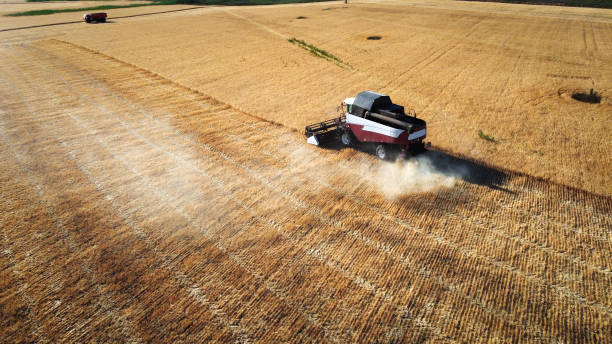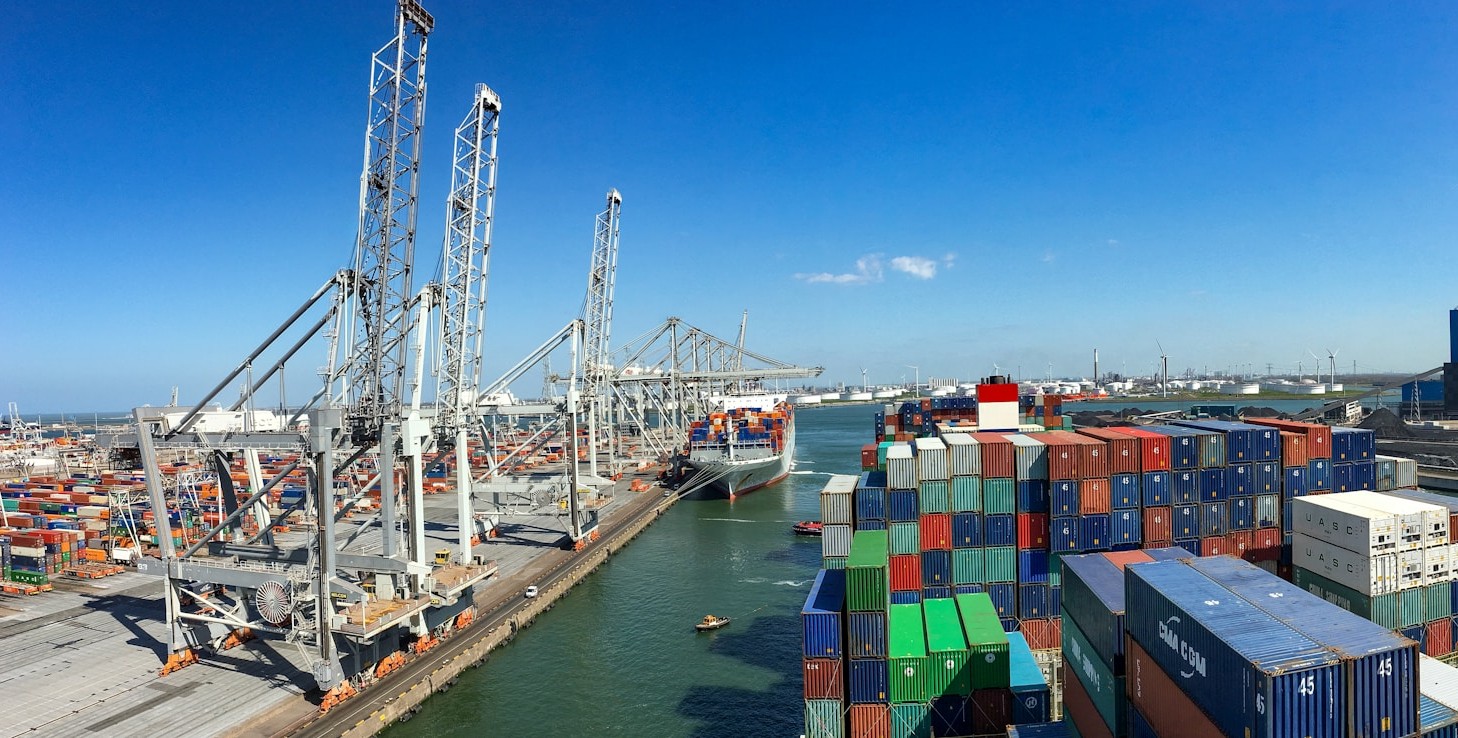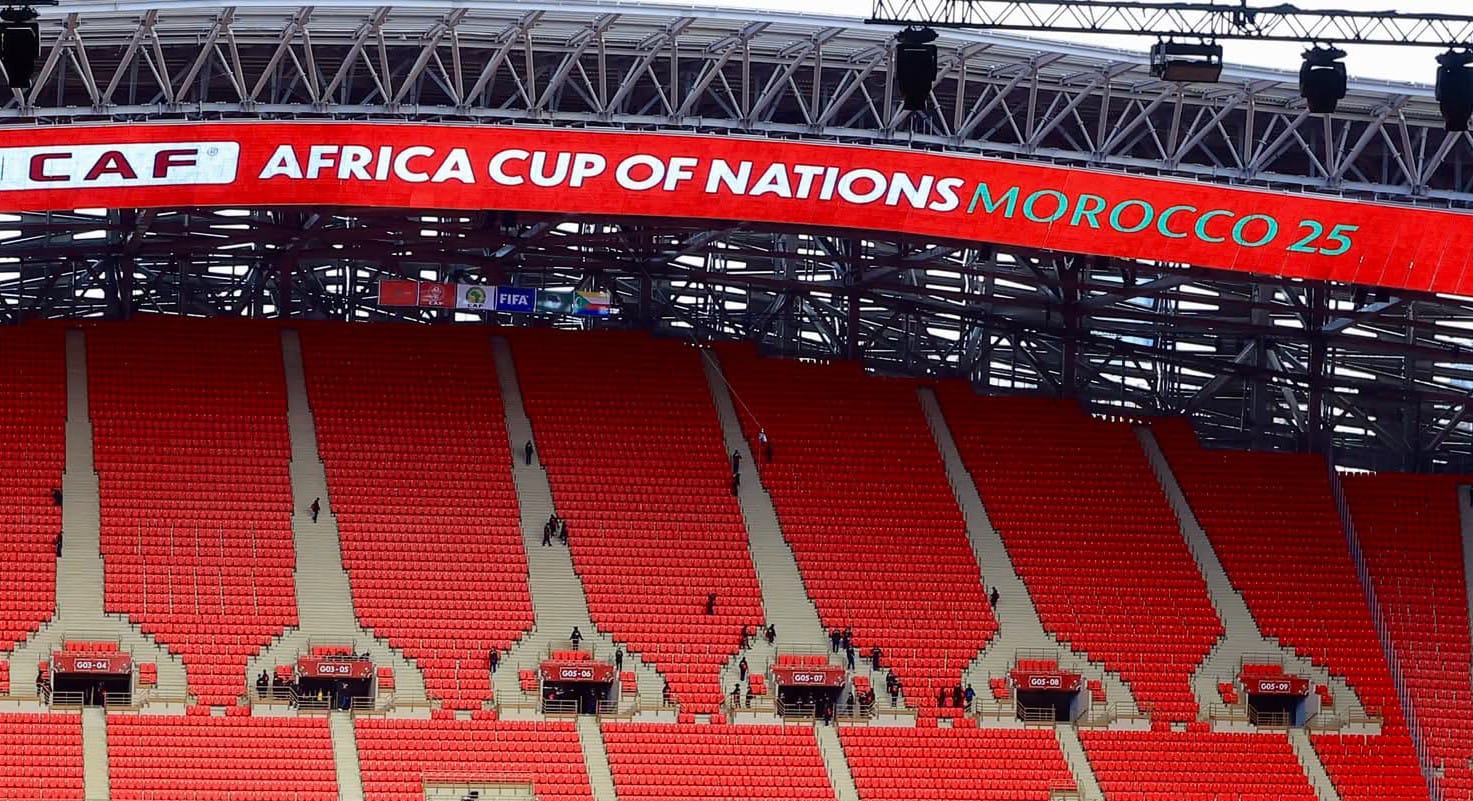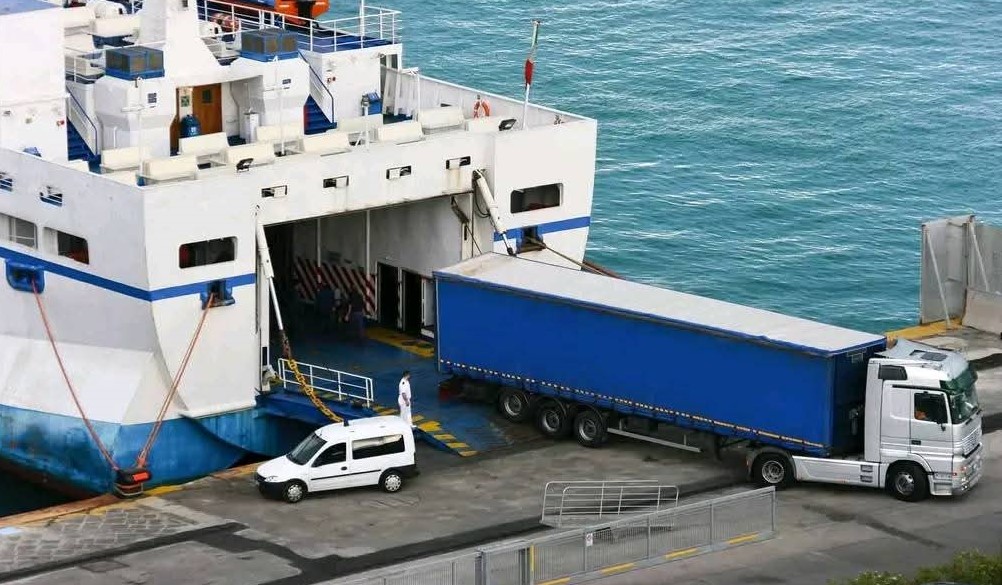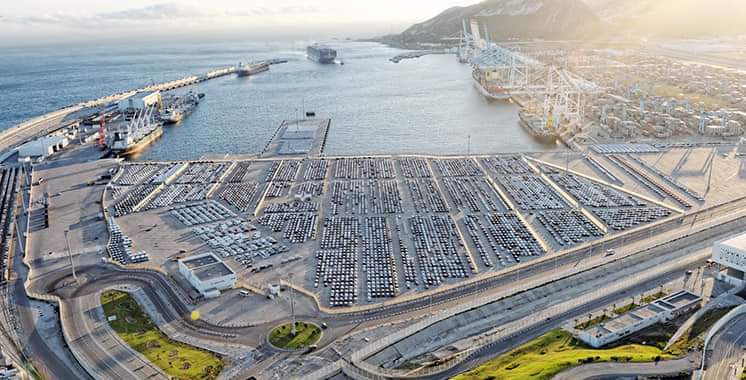Casablanca- In a noteworthy development reshaping Morocco’s agricultural import landscape, the country has significantly increased its imports of wheat from Russia while concurrently engaging in negotiations with Ukrainian officials. This strategic maneuver comes amidst a backdrop of evolving geopolitical dynamics and shifting trade patterns, reflecting Morocco’s proactive approach to securing essential commodities in the face of global uncertainties.
Reliable sources within the industry have divulged that Morocco’s recent imports of Russian wheat have surged to an impressive 300,000 tons. Importers eagerly anticipate the arrival of additional shipments in the imminent weeks, signaling a growing reliance on Russian wheat to meet domestic demand. The attractiveness of Russian wheat lies not only in its quantity but also in its quality attributes, boasting a competitive price point of 295 dirhams ($30.41 USD) per ton to reach Moroccan ports. Importers are particularly drawn to its superior quality and high protein content compared to wheat sourced from traditional European suppliers.
Despite these substantial imports from Russia, negotiations with Ukrainian officials have yet to yield any concrete agreements. During recent discussions, Moroccan importers emphasized the necessity for clear assurances from the Ukrainian government regarding the secure transit of ships amidst the ongoing conflict in the region. This cautious approach underscores Morocco’s commitment to ensuring the stability and reliability of its wheat supply chain, even amidst geopolitical turbulence.
In a proactive measure to mitigate the impact of drought on domestic wheat production, the Moroccan government has announced a comprehensive subsidy program. Under this initiative, the government pledges to subsidize the import of up to 2.5 million tonnes of soft wheat from January 1 to April 30, 2024. This strategic intervention aims to bolster domestic food security and stabilize wheat prices in the wake of erratic weather patterns.
Furthermore, Morocco has embarked on a multifaceted import program for the 2023/2024 season, encompassing an allocation of up to 2.5 million tonnes from July to September, followed by an additional 2 million tonnes from October to December. This phased approach underscores Morocco’s proactive stance in addressing the challenges posed by drought and ensuring a steady supply of wheat to meet the nation’s needs.
In a bid to diversify import sources and enhance market competitiveness, the National Professional Office of Cereals and Pulses has actively encouraged Moroccan importers to explore the Russian wheat market as an alternative to traditional European suppliers. This strategic shift not only expands Morocco’s import options but also positions Russia as a formidable competitor to European exporters, such as France.
Under this new directive, importers are poised to receive monthly subsidies to offset the price differential between foreign wheat and a reference import price of 270 dirhams($ 27.83 USD) per quintal. This incentive mechanism aims to incentivize importers to explore alternative wheat sources while ensuring price stability in the domestic market.
Russian authorities have reaffirmed their commitment to supplying wheat to Morocco at competitive prices, citing the evolving geopolitical landscape and the escalating energy and food crises. Vladimir Baybakov, the Russian ambassador to Rabat, underscored the significance of the partnership between the two countries, highlighting the mutual trade in commodities such as coal, oil derivatives, citrus fruits, and fish.
In an interview with the Russian agency TASS, a diplomatic official emphasized Morocco’s pivotal role as one of Russia’s key trade and economic partners in Africa. Despite the challenges posed by the pandemic, bilateral trade between the two countries surpassed the $2 billion mark by the end of 2022, underscoring the resilience and dynamism of their economic ties.
As negotiations with Ukraine continue and Morocco explores alternative import sources, the evolving dynamics of wheat importation and its implications for domestic production remain subjects of keen interest and scrutiny. The strategic shift towards diversifying import sources underscores Morocco’s proactive approach to navigating global uncertainties and ensuring the stability of its food supply chain in the face of evolving geopolitical dynamics.






